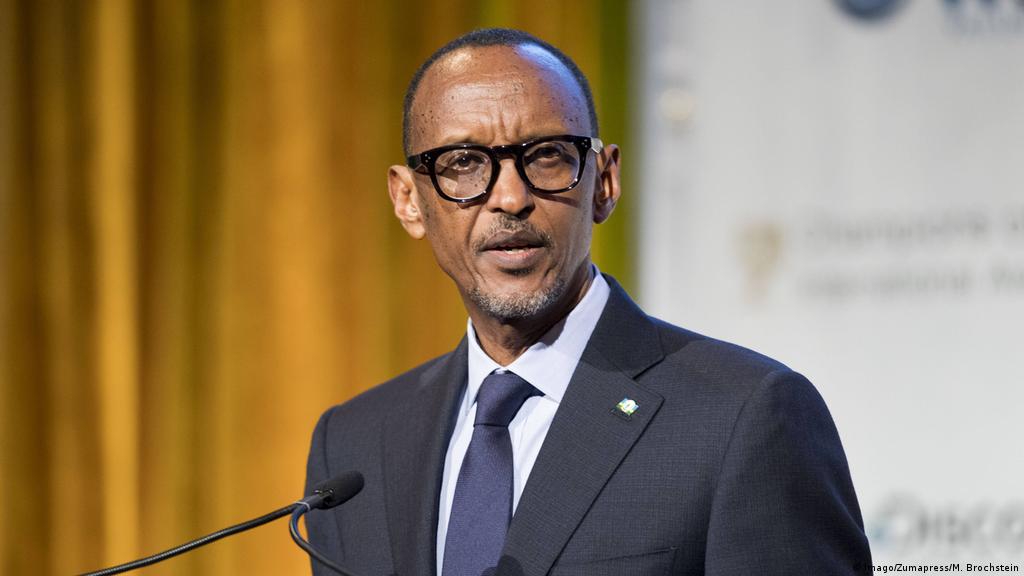The Gambia, the smiling coast of Africa, has long been oriented around agriculture, foreign remittances, and tourism, which accounted for up to 20% of GDP pre-COVID-19. However, this looks set to change, as large-scale oil and gas discoveries between 2014 and 2017 in neighbouring countries like Senegal and Mauritania presents a renewed hope for the country’s hydrocarbon potential. Investors have also renewed interest in exploring opportunities in other countries within the MSGBC Basin. In this exclusive interview with African Leadership Magazine UK, the Managing Director and Chief Executive Officer of Gambia’s National Petroleum Corporation, GNPC, Yaya F. Barrow, talks about the organization’s efforts to support ready investors in the country’s country oil and gas sector. Excerpts.
You have had about three decades of experience in the banking sector; right now, you’ve crossed over to the oil and gas sector. And of course, what you bring to the table is an enormous experience in managing projects and businesses executions. What is your core objective in terms? And how has it been achieved thus far?
Thank you very much. That’s an excellent question. When I joined this institution in 2018, October 18, 2018, to be more precise, I was a bit apprehensive as I found staff vocalizing a lot of concerns and limited organizational structure within the institution. Using the experienced that I’ve gained over the 25 years in the financial industry, and knowing very well that GNPC is the core of the petroleum and energy business, my priority was to ensure that we organize, re-strategize and focus on a trajectory of growth so that the institution becomes profitable.
I focused on 3 things; capacity building accounts reconciliations to enable audited accounts and reports generation.
So, amongst the first things I did was an organizational restructuring in order to put people with the right skills and capacity in the proper positions. We did a skills gap assessment to gauge whether staff possessed the required skill set to do their needed work. Consequently, the organization undertook massive training in 2019with about 80% of the staff trained, through either classroom training, seminars or industrial attachment to build capacity. And this helped a lot as we could see the improved output after they had returned from those engagements.
On the financial side, which I was also worried about, my primary target was to improve the bottom line and I utilized a bottom-up approach to this. I found the corporation operating too many accounts and coming from a financial background, I thought that was a breeding ground for fraud. I immediately engaged the board of directors, and they gave me the go-ahead to close most of the accounts and maintain one account per bank.
There was a backlog of accounts reconciliation which held up our annual audits. I, therefore, appointed temporary staff to help the finance department. As a result, we were able to complete the reconciliation; close redundant accounts, and avoid unnecessary charges. The finance department was encountering issues with generating some reports so I also worked with the finance director to bring in new software, which assisted in developing a reporting format to ensure that we can generate timely reports. This also assisted greatly in completing the reconciliations on time.
As a result of these efforts, for the first time in more than four to five years, GNPC was able to register our profit in 2019. I was able to do this just one year into the institution because, as I said, I joined at the tail end of October 2018. But in 2019, we were able to register a profit after auditing by external auditors after some 4-5 years.
Click HERE TO ACCESS THE FULL INTERVIEW on pages 26 – 28 of the January 2022 edition of the African Leadership Magazine.


